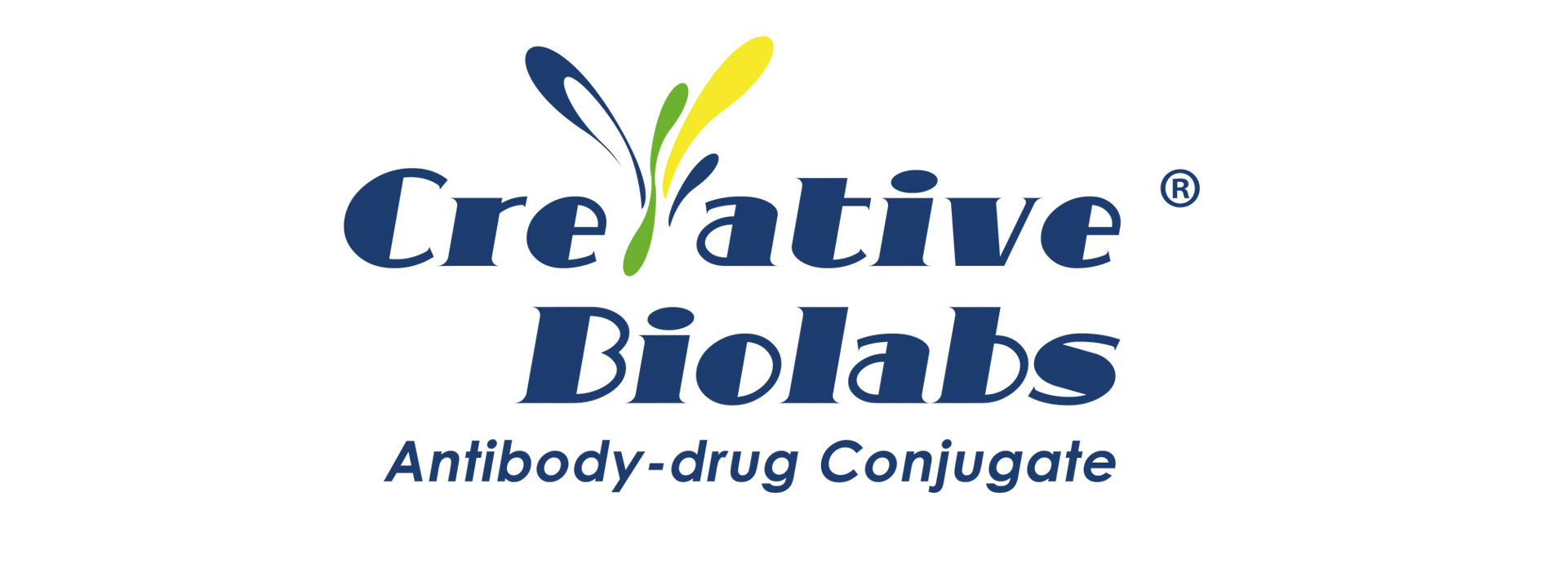Breast cancer is the most common cancer among women. In 2020, breast cancer has replaced lung cancer as the number one cancer in the world. The latest global cancer burden data for 2020 released by WHO’s International Agency for Research on Cancer (IARC) shows that there will be as many as 2.26 million new cases of breast cancer and 680,000 deaths worldwide in 2020.
Breast cancer can be divided into HER2-positive breast cancer (about 20%) and HER2-negative breast cancer (about 80%), and about half of these HER2-negative breast cancer patients actually express low levels of HER2. However, the currently available HER2 targeting therapy is ineffective in patients with breast cancer with low expression of HER2 (HER2-low).
On June 5th, 2022, The New England Journal of Medicine (NEJM) published a phase III clinical trial of the ADC drug Enhertu in patients with advanced breast cancer with low expression of HER2 (HER2-Low), led by Dr. Shanu Modi of MSKCC. The title of the thesis is: Trastuzumab Deruxtecan in Previously Treated HER2-Low Advanced Breast Cancer.
The phase III clinical trial showed that Enhertu extended progression-free survival by about 50% and overall survival by 40% in advanced breast cancer patients with low HER2 expression compared with patients receiving standard chemotherapy.
This is also the first time that it has been proven that drugs can target low-expressed HER2 proteins and have a therapeutic effect on cancer. About half of breast cancer patients previously thought to be HER2-negative actually have low HER2 expression (HER2-low) breast cancer, which means they can benefit from the ADC drug. This opens up new treatment possibilities for thousands of patients with advanced breast cancer.
The Phase III clinical trial involved 557 patients with metastatic advanced breast cancer who had previously received first or second-line chemotherapy with low expression of HER2. The definition of low expression of HER2 was that the score of IHC analysis was 1+, or the score of IHC was 2+, but the result of in situ hybridization was negative.
Enhertu (Trastuzumab Deruxtecan), an antibody-drug conjugate (ADC) developed by AstraZeneca and Daiichi Sankyo, was approved by FDA in 2019 for the treatment of unresectable or metastatic HER2-positive breast cancer. This ADC drug connects HER2 monoclonal antibody Trastuzumab with topoisomerase 1 inhibitor exatecan derivative (DXd) to block HER2 protein and exert the anticancer effect of chemical toxins.
The patients were randomly assigned to receive ADC drug Enhertu (Trastuzumab Deruxtecan) or standard chemotherapy according to the proportion of 2:1. Of the 557 metastatic advanced breast cancer patients with low expression of HER2, 494 (88.7%) were hormone receptor positive (HR+) and 63 (11.3%) were hormone receptor negative (HR-).
In the hormone receptor positive (HR+) cohort, the median progression-free survival was 10.1 months in the ADC drug Enhertu treatment group and 5.4 months in the standardized treatment group, and the overall survival time was 23.9 months and 17.5 months, respectively.
In all patients, the median progression-free survival was 9.9 months in the ADC drug Enhertu group and 5.1 months in the standardized treatment group, and the overall survival time was 23.4 months and 16.8 months, respectively.
52.6% of patients in the ADC drug Enhertu group had grade 3 or higher adverse events compared to 67.4% in the standardized treatment group. In addition, 12.1% of patients in the ADC drug Enhertu group developed interstitial lung disease or pneumonia associated with drug treatment, of which 3 (0.8%) died as a result.
Overall, this phase III trial involving metastatic/advanced breast cancer patients with low expression of HER2 (HER2-low) showed that ADC drug Enhertu significantly prolonged progression-free survival and overall survival compared with standard chemotherapy.
